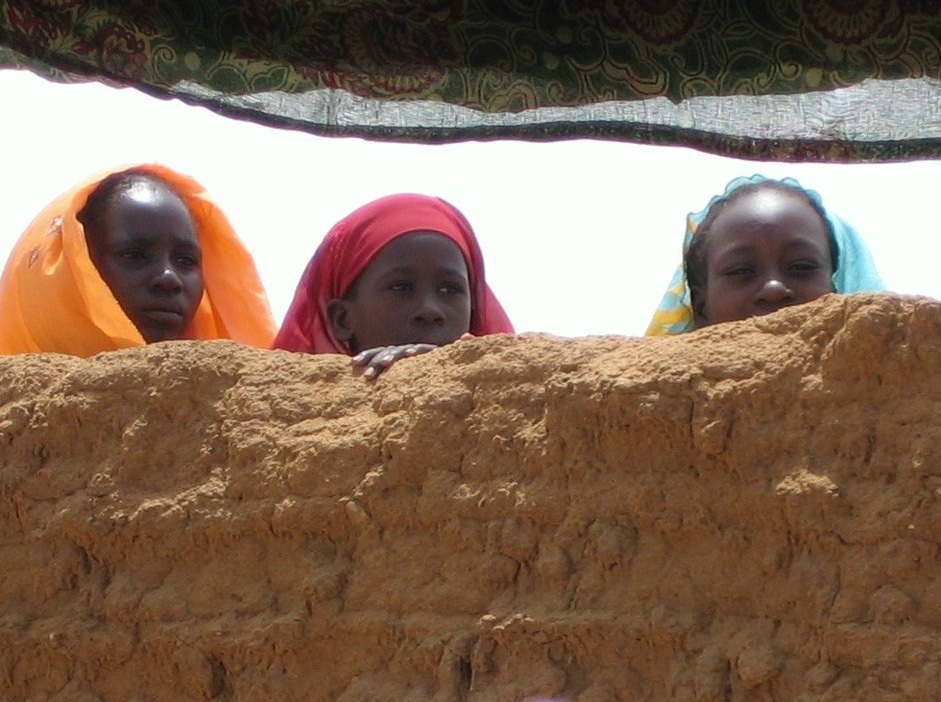
July 14, 2010 - There's a tea seller across the road from where I stay, and each morning my driver and his son wait for me at her stall. When there's time, we have tea together. Tea here is better described as a conduit for sugar. As Turabi put it in one of his more lucid moments of conversation the other day, "In Sudan, sugar is a political commodity." The reason is that it's the primary source of energy for most poor people. Nothing is more likely to bring civil unrest to the streets of Khartoum than a hike in sugar prices. But, I digress.
In addition to being the first sugar hit of the day, the tea stall is also an opportunity to get a local take on the morning papers. Today (July 14), blazed in red across one of the top of the Arabic papers was the message that the NCP would reject the SPLM's request for the Abyei referendum to be administered by the UN. Those reading it worried this could be the trigger marking a return to war.
At a press conference this afternoon, Yasir Arman, the SPLM's northern sector leader, delivered a message of calm, saying that as far as he was aware the NCP had not made a final decision, and that if no agreement was reached over the Abyei referendum process then they would cross that bridge when they came to it. But my tea-drinking companions' concerns have a solid foundation.
If civil war does resume, a dispute over the north-south border area of Abyei is likely to be the trigger. Sudanese academic and UN Special Envoy on Genocide Prevention, Francis Deng, puts it best when he depicts Abyei as a "microcosm" of the Sudanese struggle for a national identity, with northern Misseriya Arabs and southern Ngok Dinka negotiating their co-existence. Drafters of the CPA could not reach an agreement on the boundaries of Abyei or on whether Abyei was part of the north or the south, so they punted the problem forward – and all those involved have continued to do the same ever since.
Rather than deciding whether Abyei was part of northern or southern Sudan, the CPA established a separate protocol for Abyei which gave the "residents of Abyei" the right to vote (concurrently with the southerners' self-determination referendum, and regardless of its outcome) on whether to become part of the south. It also handed off the task of delineating Abyei's boundary to a commission, whose determination was supposed to be final, but in practice was rejected by the NCP. The dispute ended up at the Permanent Court of Arbitration in The Hague; the court's ruling notwithstanding, the boundaries are yet to be demarcated.
A common "solution" to hard problems in Sudan is to decide by not deciding. I sometimes feel like there is a secret motto that all in Sudanese political life agree to abide by when they sign up: I shall never address today anything that I can put off until tomorrow. But this particular problem has a deadline for which there is absolutely zero political interest internationally to delay. On January 9, 2011 the south will vote on independence and Abyei will vote whether or not to join them. Before then, the geographic boundaries of Abyei must be demarcated and decisions must be made on who does and does not count as a "resident of Abyei" for voting purposes. Alternatively, if these critical issues continue to be postponed then the only two outcomes I can see are either a last-minute deal between the NCP and the SPLM that saves face for both of them while disregarding the people of Abyei themselves (the most likely scenario in my view), and/or a return to war.
- Document






